Energy
ERG supports government agencies, businesses, consumers, and other stakeholders in meeting their near- and long-term clean energy objectives. Our energy engineers, analysts, economists, and marketing professionals work with clients to develop, manage, and promote sustainable energy choices. To support sustainability at the organizational level, we deliver clean power procurement strategies, assess opportunities for onsite clean generation and energy efficiency, and develop and implement vehicle and building electrification solutions. For example, we help facility managers with energy master planning, feasibility studies, project development, cost/benefit analyses, and measurement and verification. We also track energy use and associated emissions. For clean energy market transformation efforts at the national level, we develop and implement stakeholder engagement strategies, create roadmaps, support clean energy program deployment, develop tools for project and market development, and benchmark and analyze program results. ERG also evaluates the environmental impacts of conventional, renewable, and emerging energy sources—from resource extraction through processing, transportation, generation, transmission, distribution, and end use.
Renewables and Clean Power
- Procurement strategies
- Market analysis
- Planning and purchasing
- Technical feasibility of onsite renewable applications
- Life cycle assessment of renewables
Market Transformation
- Clean energy program implementation and support
- Stakeholder engagement
- Technology transfer
- Marketing and outreach
Clean Energy Solutions
- Vehicle and building electrification
- Combined heat and power
- Landfill gas energy systems
- Biomass-fueled applications
- Avoided emissions tools and models
- Total system efficiency evaluations
- Market analysis
Projects
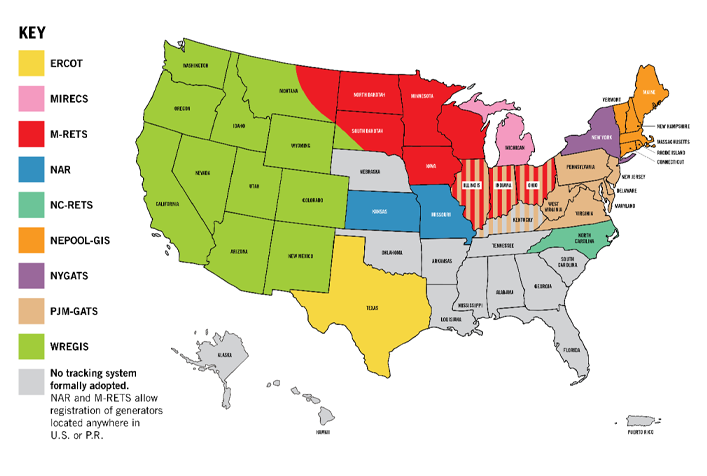
Assessing and Enhancing U.S. Energy Attribute Tracking Systems
U.S. Environmental Protection Agency

Supporting Green and Healthy K-12 Schools in Massachusetts
Massachusetts Department of Public Health
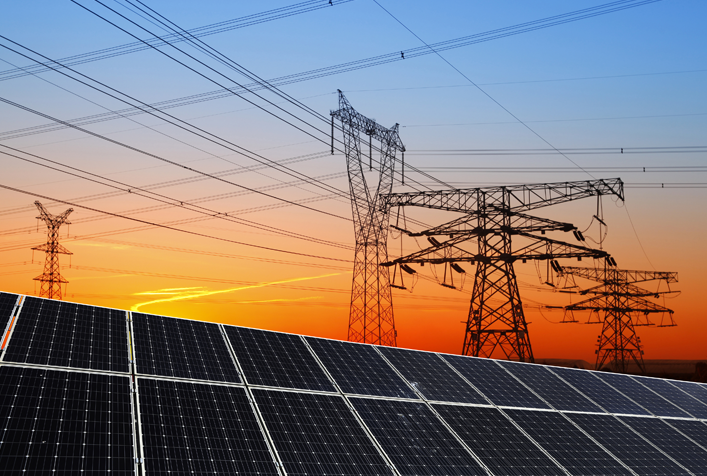
Educating Energy Consumers About Energy Attribute Certificates
U.S. Environmental Protection Agency
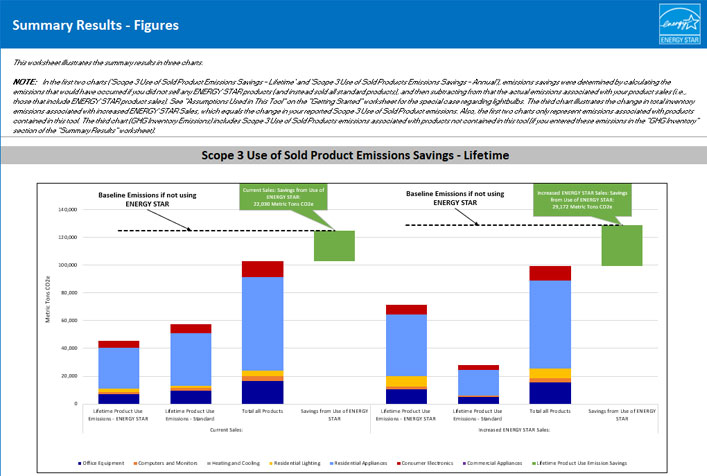
Development of the ENERGY STAR Scope 3 Use of Sold Products Analysis Tool
U.S. Environmental Protection Agency

Incorporating Out-of-State Fuel Cycle Emissions in New York State’s Emissions Inventory
New York State Energy Research and Development Authority
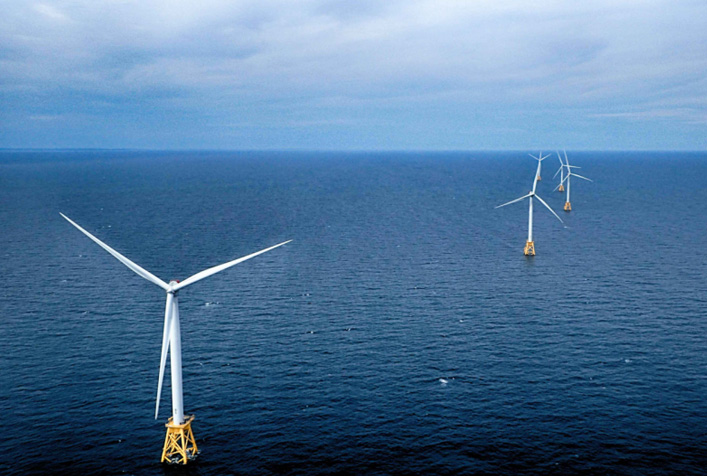
Support for New York State Review of Mitigation Plans in Offshore Wind Proposals
New York State Energy Research and Development Authority
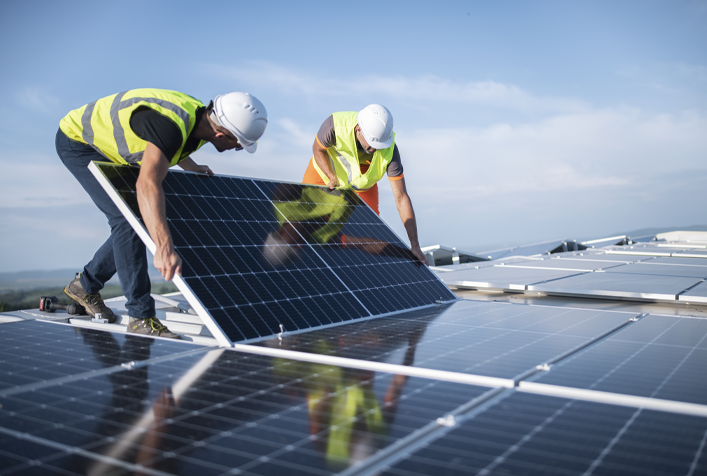
Supporting Federal Agency Procurement of Carbon Pollution-Free Electricity
U.S. Department of Justice, U.S. Environmental Protection Agency

University Campus Sustainability Plan
Undisclosed university
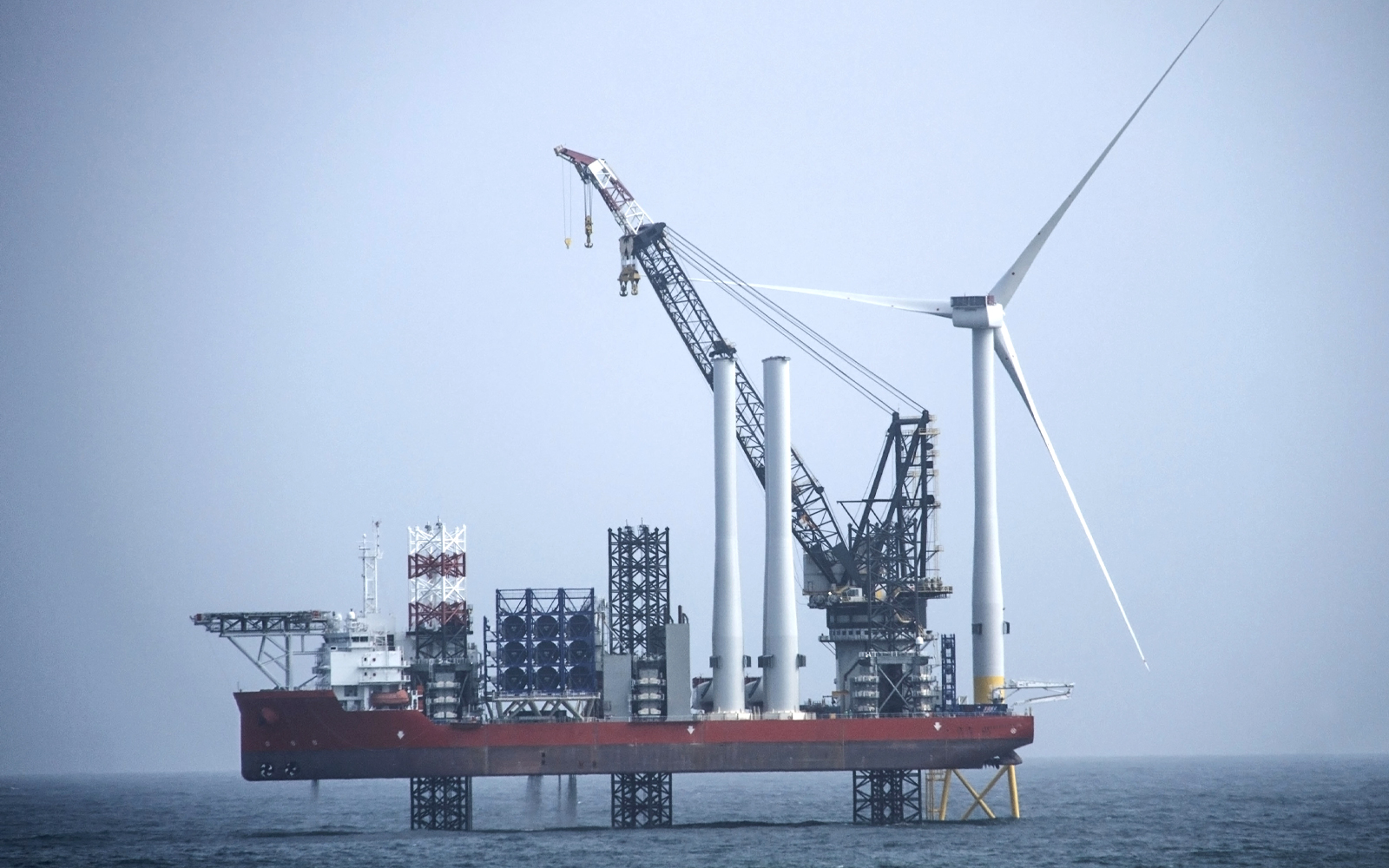
Offshore Wind Emission Estimation Tool
Bureau of Ocean Energy Management
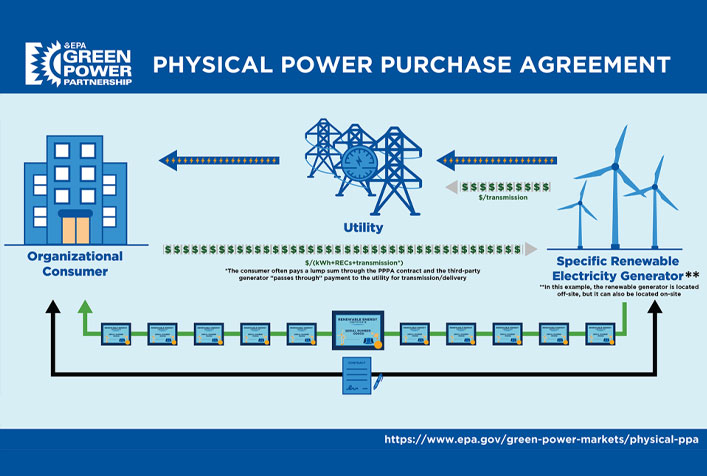
Helping Organizations Purchase Green Power
U.S. Environmental Protection Agency
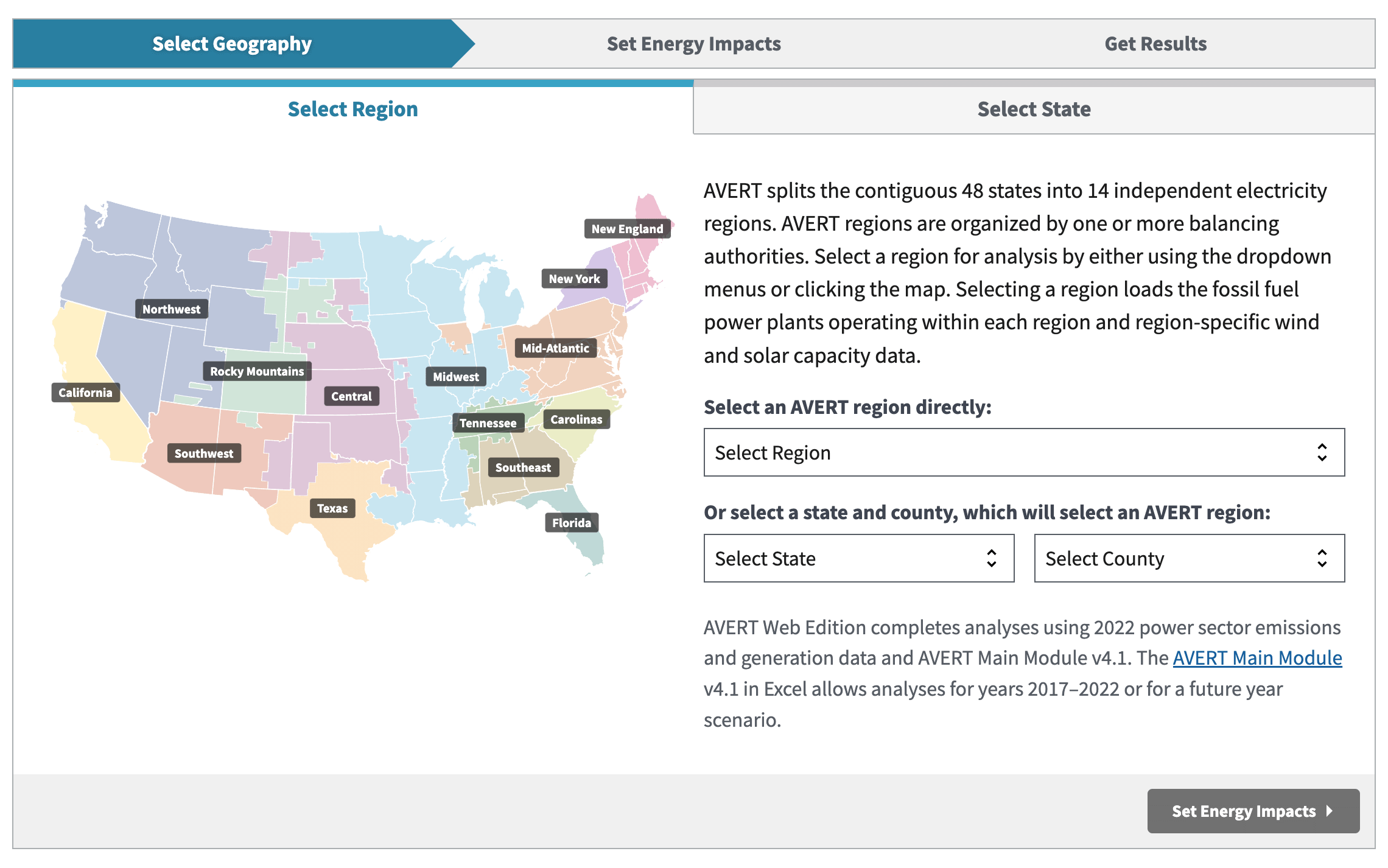
Development of EPA’s AVoided Emissions and geneRation Tool (AVERT)
U.S. Environmental Protection Agency
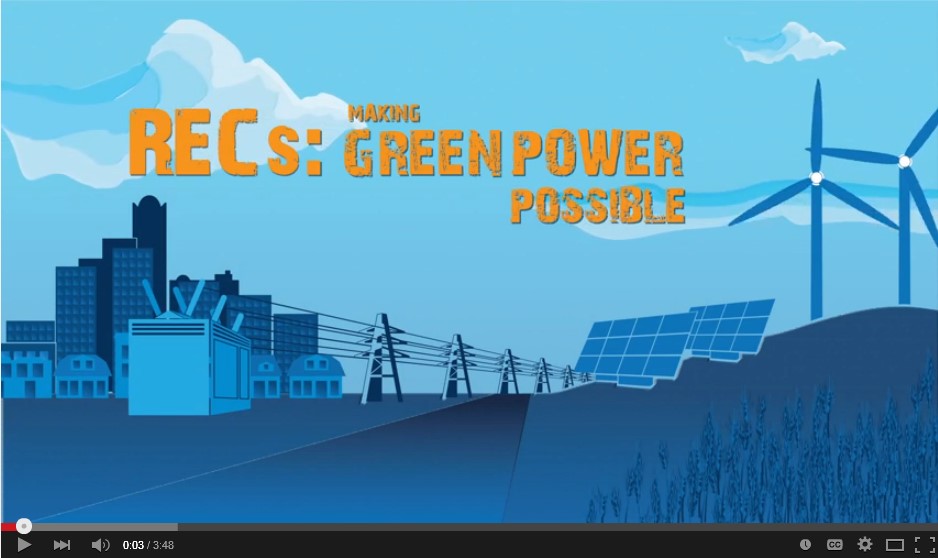
RECs: Making Green Power Possible
U.S. Environmental Protection Agency

Updates to the GREET Model
Argonne National Laboratory

Assessing the Environmental and Socioeconomic Impacts of Biofuels Production Using Input-Output Modeling
National Renewable Energy Laboratory
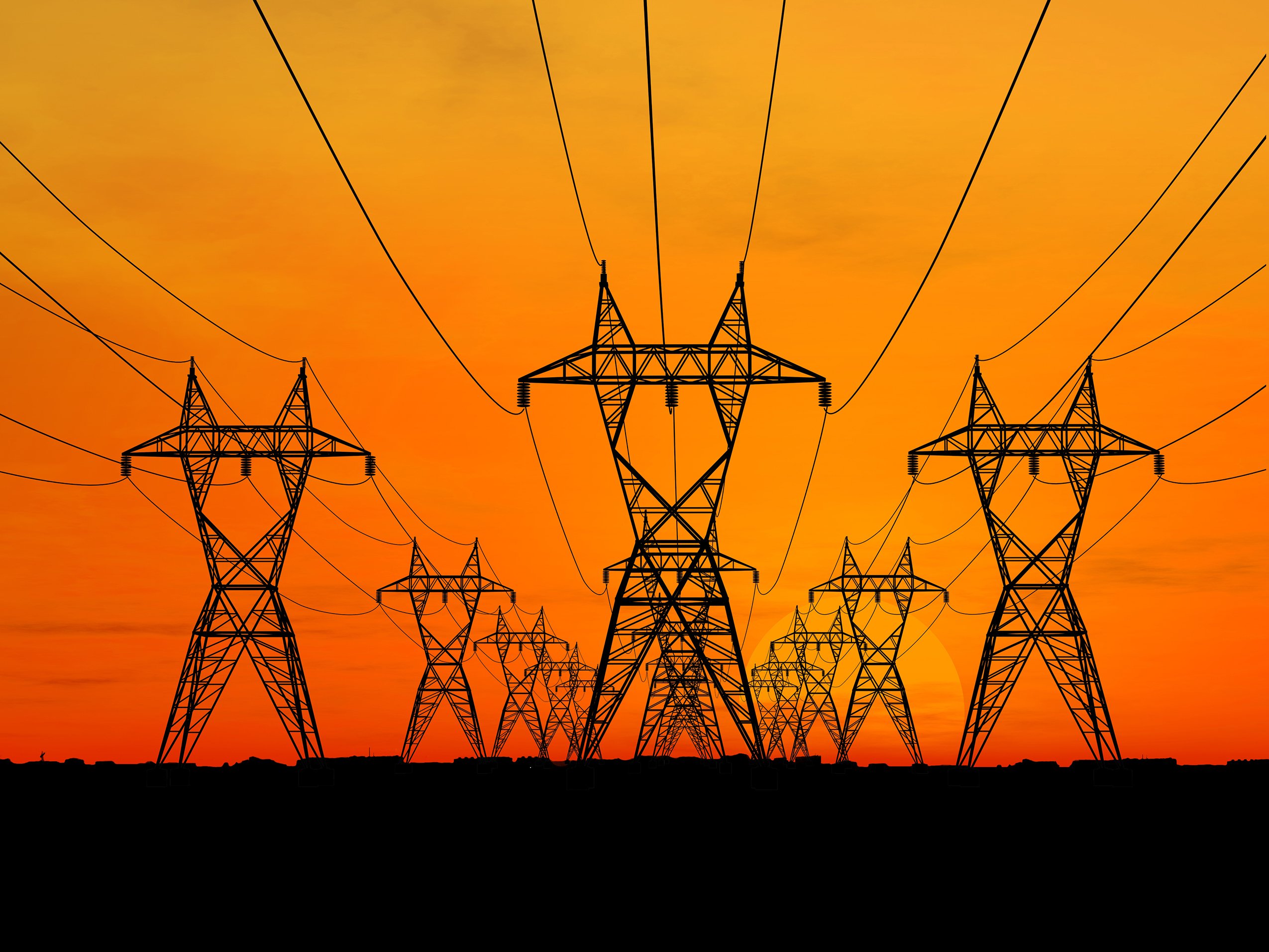
Regional Life Cycle Assessment Tool for U.S. Electricity
National Energy Technology Laboratory, U.S. Environmental Protection Agency

Defending Our Future with Energy Efficiency
U.S. Department of Defense, Washington Headquarters Services
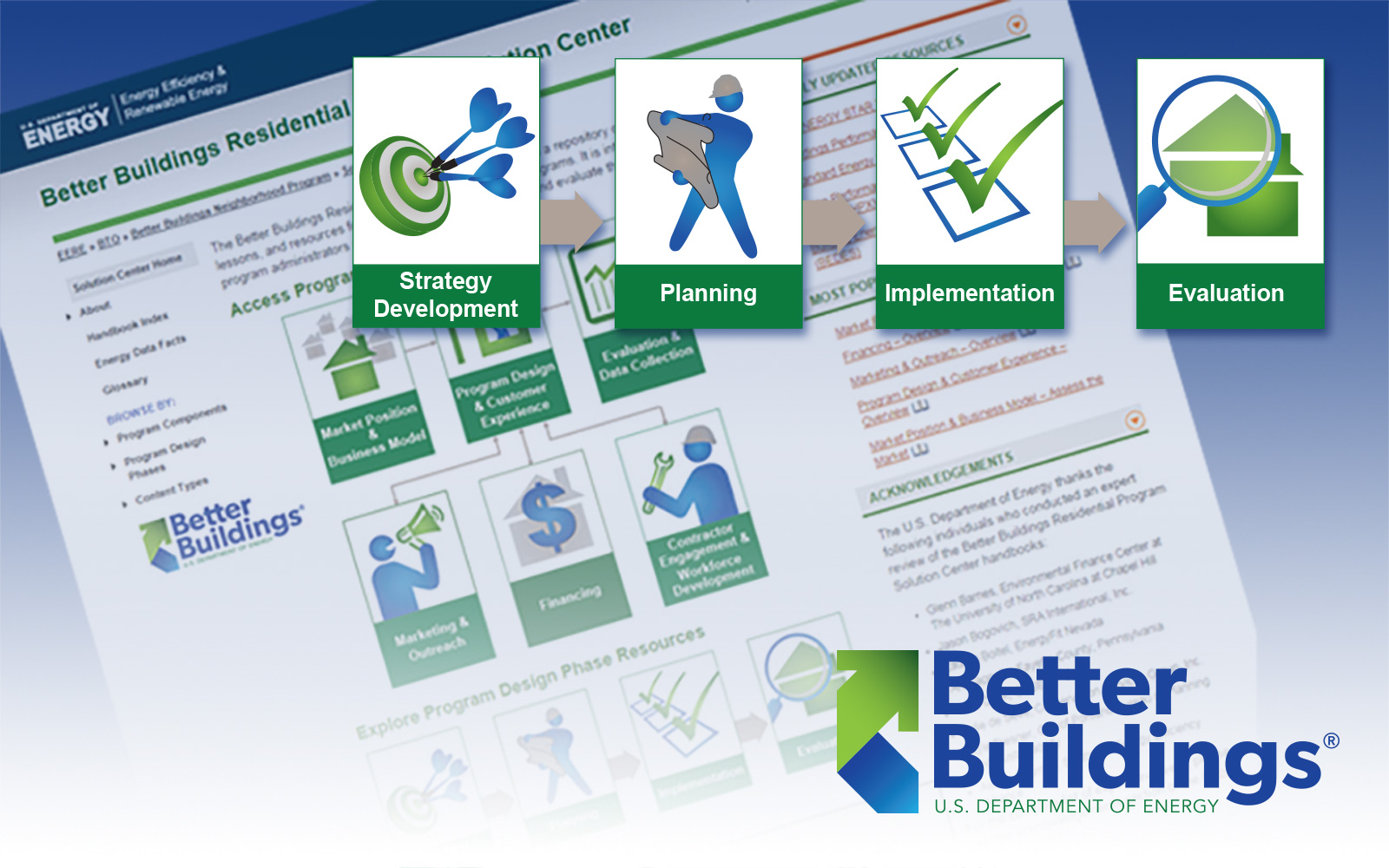
Sharing Proven Strategies for Energy Efficiency Programs
U.S. Department of Energy
Service Area Leads

Companies and institutions are increasingly switching to renewable electricity, and they are doing it in new and creative ways—from community solar gardens to virtual power purchase agreements. At ERG, I’ve had the privilege to work with leaders at the forefront of the ‘green power’ market—helping them explore and formulate their renewable procurement strategies and share their stories and best practices.

Most of today’s buildings use considerably more energy than needed (like using a chainsaw to cut butter), so reducing their energy consumption provides a powerful opportunity for addressing our nation’s energy and greenhouse gas emission challenges. With these reductions, renewable technologies such as solar and wind become more economical and the path to net-zero buildings becomes a reality. I am inspired to work with stakeholders—from tenants and operations staff up through top-level management—to help them reduce their operations cost and create environmental benefits through enhanced energy efficiency.

In my experience, effective climate action requires invested leadership, multidisciplinary expertise to address all sources of greenhouse gas emissions, and equitable stakeholder engagement to guide and successfully implement new policies and strategies. I have had the pleasure of managing several climate action plan projects, guiding both municipalities and universities through the process of developing and implementing their unique plans, and I’m proud of the positive benefits those plans have brought to stem the effects of climate change.

I view every interaction as an opportunity to learn something new. Through my work at ERG, I feel fortunate to be surrounded by an amazing group of colleagues who share a sense of curiosity and a strong desire to innovate and grow our collective expertise so that we can better serve our clients and make the world more sustainable and compassionate.

The coming decades will witness a profound shift in how we generate and consume energy. This transformation, driven by both necessity and innovation, will redefine energy access, sustainability, and resiliency. I’m honored to collaborate with ERG’s clients to address the challenges associated with this transition, fostering a more secure and environmentally-sound energy future for all.

The most rewarding aspect of my career at ERG has been the opportunity to work each day with colleagues and clients who share a commitment to a clean energy future.

Both companies and the public sector have to assess environmental tradeoffs in the face of limited resources. LCA is a great tool for assessing those tradeoffs and making choices consistent with values. By generating high-quality public data and LCA tools, we provide the underlying data necessary for effective decision-making.